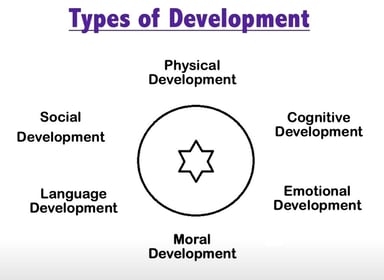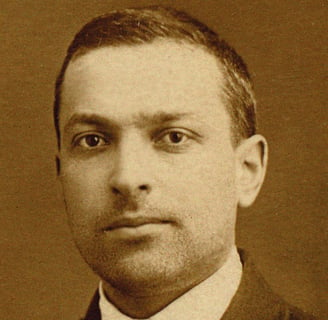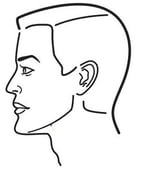Theories of Different Psychologist
Lev-Vygotsky's Socio-Cultural Theory of Learning
In which the Children continuously learn from their environment with the help of their peers and adults. Under this thinking and knowledge developed in this process of learning, this view of development of Known as the socio-cultural development this Russian Psychologist, Lev Semenovich Vygotsky gave theory on Cognitive development known as socio-cultural theory.
This theory on Cognitive development
2. Jean Piaget Theory of Learning
This theory on Cognitive development
(He said Development and learning)
(He said learning and Development)
what is development?
Dependency to autonomy निर्भरता से आत्मनिर्भर (development) कहलाता. Development is a qualitative change for permanent in life. Such as change in personality or other mental and emotional aspects.


1) Physical Development शारीरक विकास
2) Social Development समाजिक विकास
3) Language Development भाषा का विकास
4) Emotional Development संवेगो का विकास
5) Moral Development सही गलत की पहचान करना रूल्स के आधार पर
Relation of development and learning?
Learning gives help in development that comes from efforts and practice. From learning comes maturation which important for development. There for maturation and learning work together to promote the development of an individual.
what are the Stages of development ?
Prenatal Period (गर्भ अवस्था) (3 to 9 Months)
Infancy ( Birth to 2 Years ) sense based
Early Childhood ( 2 to 6 Years) toy Age
Later Childhood ( 6 to 12 Years) Troublesome Age.
Adolescence ( 13 to 19 Years) Identity Crisis
Factors influencing development ?
Nutrition
Early Stimulation
Child rearing practices
Factors influencing growth and development (Internal Factors)?
Hereditary factors
Biological or constitutional factors
Intelligence
Emotional factors
social nature
The environment available after birth
The quality of the physical environment and medical care and nourishment,
What a child gets from this social and cultural environment.
Parental and family care received by a child
The economic and social status of the parents and the family child
The quality of the neighbourhood and surrounding environment
The quality of schooling received by a child
The quality of peer group relationships and a company of a child
The quality of educational and vocational facilities and opportunities available to a child.
The quality of the government, laws and organization of the society to which a child belongs.
The quality of the power and status enjoyed by the country to which a child belongs.
Role of a teacher in growth and development of children
Relation of development and learning ?
Learning gives help in development that comes from efforts and practice. From learning comes maturation which important for development. There for maturation and learning work together to promote the development of an individual
He was From Switzerland that’s why we say him Swiss psychologist
In which four stages are:
learn from the senses
Deductive Method
It does not give any new knowledge
It is a method of verification
It is the method of instruction
Child gets ready made information and makes use of it.
It is quick process
It encourages dependence of other sources
It is a downward process of thought and reads to use full results
There is less scope of activity in it.
Inductive Method
It gives new knowledge
It is a method of discovery
It is a method of teaching
Child acquires firs hand knowledge and information by actual observation
It is a slow process it trains the mind and gives self-confidence and initiative
It is an upward process of thought and leads to principles
It is full of activity


Sensorimotor
Preoperational
Formal operational


Russian and Soviet psychologist
He said main directly learning come from the Maturation and social interaction.
Jean Piaget concept on heredity according to age He will learn
Lawrence Kohlberg
Lawrence Kohlberg theory based on moral development
In which 3 Levels
6 stages


Moral Decision
About Right
About Wrong
Pre Conventional
1. Avoiding Punishment
2. Expecting a Reward
Post Conventional
1. Social Good & Social Contract
2. Universal Principals of Ethics & Social Principles
Conventional
1. For Others Approval ( Good Boy-Good Girl)
2. Expecting a Reward
